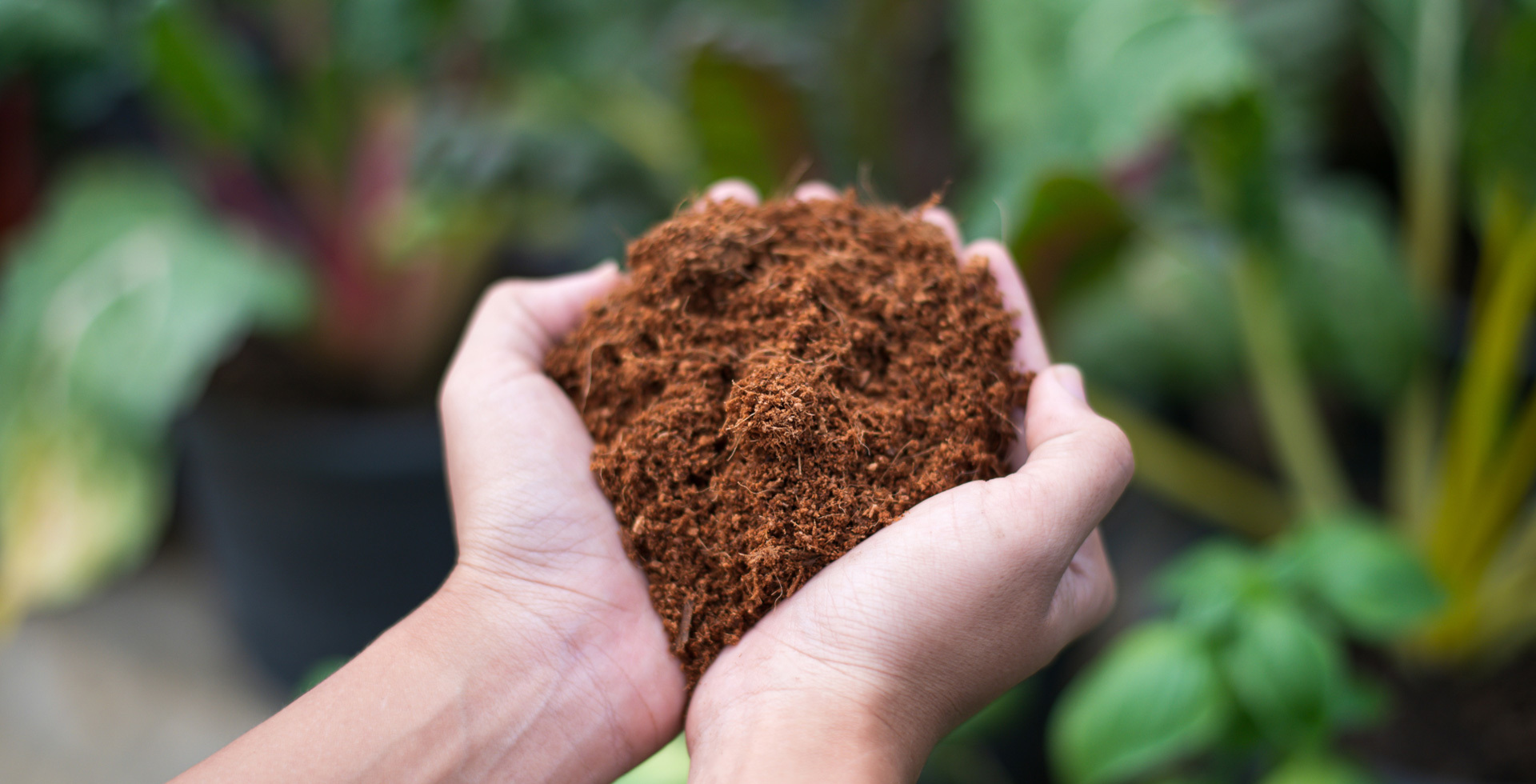Green agriculture innovation is accelerating, with significant progress made in the development of biological organic fertilizers.
Published Time:
2025-05-09
Recently, with the growing global focus on sustainable agricultural development, the development and application of bio-organic fertilizers has become a hot area of agricultural technological innovation. Combining the wisdom of traditional agriculture and biotechnology, the development of bio-organic fertilizers marks the entry of agricultural production into a new green era.
Recently, with the increasing global focus on sustainable agricultural development, the development and application of bio-organic fertilizers has become a hot area of agricultural technological innovation. Combining the wisdom of traditional agriculture and biotechnology, the development of bio-organic fertilizers marks a new green era for agricultural production.
As we all know, agricultural production has long relied on chemical fertilizers, which not only increases environmental pressure but also threatens food safety. Against this backdrop, the development of bio-organic fertilizers is particularly important. As a new type of fertilizer, bio-organic fertilizers can not only provide the nutrients needed by crops but also improve soil structure and increase soil fertility. More importantly, it helps reduce chemical pollution and improve the quality and safety of agricultural products.
The development of bio-organic fertilizers is a comprehensive project involving multiple fields such as biotechnology, agricultural engineering, and environmental protection technology. Through the recycling of organic waste and the use of microbial fermentation technology to transform it into efficient and safe organic fertilizers, it not only solves the problem of environmental pollution but also achieves sustainable resource utilization. Currently, the R&D team has successfully developed a variety of bio-organic fertilizers targeting the needs of different crops. These fertilizers not only meet the nutritional needs of crop growth but also have drought resistance and pest resistance functions, greatly improving crop yield and quality.
Furthermore, the development of bio-organic fertilizers has also promoted the development of related industrial chains. From raw material collection, processing, and production to sales, a complete industrial chain has been formed. This has not only driven the growth of the agricultural economy but also provided new job opportunities for farmers. Many regions have begun to promote the use of bio-organic fertilizers, encouraging farmers to change traditional agricultural production models and move towards more environmentally friendly and sustainable agricultural production methods.
Experts say that the development of bio-organic fertilizers is a key link in the sustainable development of agriculture. With continuous technological advancements, bio-organic fertilizers will become increasingly popular in the future and become the mainstream of agricultural production. At the same time, with consumers' increasing attention to food safety and environmental issues, the market demand for bio-organic fertilizers will continue to grow.
In addition, the development of bio-organic fertilizers also faces many challenges. How to further improve production efficiency, reduce costs, and promote popularization are still issues that need to be addressed urgently. At the same time, how to improve farmers' understanding and acceptance of bio-organic fertilizers is also an important task in promoting bio-organic fertilizers. To this end, the government and relevant departments are increasing their support through policy support, financial support, and project promotion to accelerate the development and application of bio-organic fertilizers.
In short, the development of bio-organic fertilizers is a major innovation in the field of agricultural production. It not only helps to achieve sustainable agricultural development but also has important significance for improving the quality of agricultural products and ensuring food safety. With continuous technological advancements and market expansion, we have reason to believe that bio-organic fertilizers will play an increasingly important role in future agricultural production. Let us look forward to this new era of green, environmentally friendly, and sustainable agriculture!
In future prospects, we look forward to seeing more technological innovations to help the development and application of bio-organic fertilizers, injecting more vitality into agricultural production. At the same time, we also look forward to the joint efforts of governments, enterprises, and all sectors of society to promote the popularization and promotion of bio-organic fertilizers, making greater contributions to building a green and sustainable agricultural ecosystem.
Next Page
Latest News
Contact Person: Hu Manager
Tel:15715853015
Email:964253538@qq.com
Address: No. 2 Pingjiang Road, Zhongguancun·Shaoxing Shumuwang Science Park, Didang Street, Yuecheng District, Shaoxing City, Zhejiang Province


